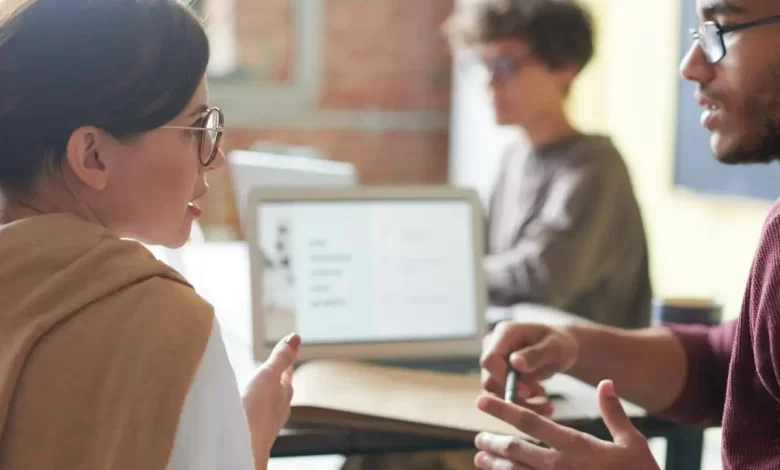Relationship Counselling: How Counsellors and Psychotherapists are Uniquely Positioned to Support Couples

Whether it’s communication issues, trust problems, or external pressures, the need for professional guidance to help couples ,is more prevalent than ever. Relationship counselling has emerged as a vital tool for couples looking to navigate these hurdles, and counsellors and psychotherapists are uniquely placed to provide this crucial support.
Understanding Relationship Counselling
Relationship counselling, often referred to as couples therapy, is a specialised form of therapy aimed at helping partners improve their relationship. It involves working with a trained professional who guides the couple in addressing and resolving their issues. The goal is not only to solve immediate problems but also to equip the couple with tools and strategies to maintain a healthy and fulfilling relationship in the long term.
This type of counselling is not limited to married couples; it is beneficial for any two people in a relationship, engaged partners, or even those in non-traditional relationships. It offers a safe space for both parties to express their feelings, air grievances, and work towards mutual understanding and resolution.
The Role of Counsellors in Relationship Counselling
Counsellors play a pivotal role in relationship counselling. Their primary function is to facilitate communication between partners. Often, couples come to counselling because they have hit a wall in their communication. They may be arguing constantly, avoiding important conversations, or simply not understanding each other’s perspectives. A counsellor provides a neutral ground where both parties can express their thoughts and feelings without fear of judgment or retaliation.
Counsellors are trained to listen actively and empathetically. They help couples identify patterns in their behaviour that may be contributing to the issues they are facing. By doing so, they enable couples to see their relationship dynamics more clearly and objectively. This insight is crucial for making meaningful changes that can improve the relationship.
Moreover, counsellors can introduce techniques and strategies that enhance communication and conflict resolution. These might include active listening exercises, role-playing scenarios, and tools for managing stress and emotions. By teaching these skills, counsellors empower couples to handle future challenges independently, reducing the likelihood of recurring problems.
The Unique Expertise of Psychotherapists
While counsellors focus on immediate issues and practical solutions, psychotherapists bring a deeper level of expertise to relationship counselling. Psychotherapists are trained to explore the underlying emotional and psychological factors that may be affecting a relationship. They delve into past experiences, traumas, and subconscious patterns that might be influencing the way individuals interact with their partners.
For example, a person who has experienced abandonment in childhood may struggle with trust issues in their relationship. A psychotherapist can help the individual understand how these past experiences are impacting their current relationship and work with them to heal and move forward. This deeper level of exploration can lead to more profound and lasting changes in the relationship.
Psychotherapists are also skilled in addressing mental health issues that may be contributing to relationship problems. Conditions such as depression, anxiety, and personality disorders can place a significant strain on a relationship. By working with a psychotherapist, couples can not only address these issues but also learn how to support each other through them.
Why Professional Support is Essential
One of the most significant benefits of seeking relationship counselling is the professional and objective perspective that counsellors and psychotherapists provide. Friends and family, while well-meaning, may not have the expertise or objectivity needed to help a couple navigate their issues. A professional, on the other hand, is trained to provide unbiased guidance and support.
Moreover, counsellors and psychotherapists adhere to strict confidentiality standards, ensuring that couples can share their most intimate thoughts and concerns without fear of exposure. This confidentiality is critical in creating a safe and trusting environment where meaningful progress can be made.
Conclusion
In today’s fast-paced world, relationships are often tested in ways that previous generations could never have imagined. Relationship counselling offers a lifeline to couples struggling to maintain their connection. Counsellors and psychotherapists are uniquely positioned to provide the support and guidance needed to overcome these challenges. By helping couples improve communication, resolve conflicts, and address deeper emotional issues, these professionals play a vital role in fostering healthier, more fulfilling relationships. Whether you’re facing a specific issue or simply want to strengthen your bond, seeking the help of a qualified counsellor or psychotherapist could be the key to a happier, more harmonious relationship.



